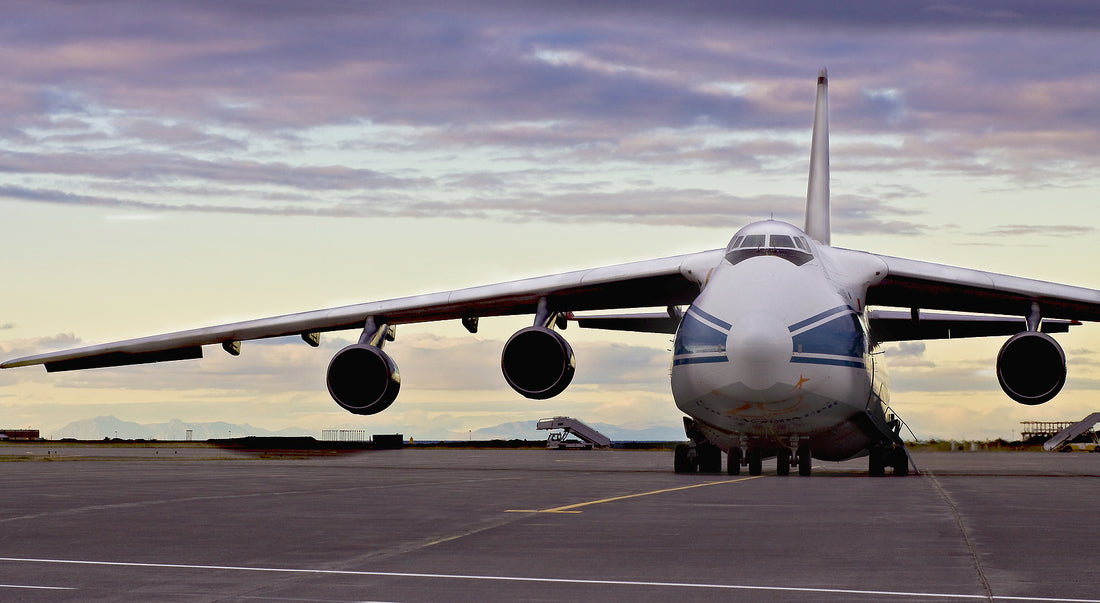Volga Dnepr, a Russian freight firm, has embarked on an unprecedented legal endeavor to reclaim ownership of one of its An-124 cargo aircraft stranded in Canada. Legal experts speculate that the company's unconventional approach might hold promise. The aircraft was ferried from Anchorage to Toronto, laden with crucial COVID-19 supplies, on the night of Russia's invasion of Ukraine. In response, Canada closed its airspace to Russian flights, leaving the massive cargo plane grounded at Pearson International Airport since that eventful night.
Earlier this year, Canada pledged to confiscate the airplane and donate it to Ukraine. However, the anticipated transfer has yet to materialize. Recent reports from the Canadian Broadcasting Corporation suggest that Volga-Dnepr has potentially unearthed a trade agreement that could add a layer of complexity to this situation.
In 1989, the then-Prime Minister of Canada, Brian Mulroney, and the Soviet President, Mikhail Gorbachev, inked a trade agreement designed to facilitate commerce as the USSR underwent dissolution and embraced capitalist principles. Within this agreement lies a dispute resolution mechanism that grants Volga-Dnepr the ability to formally contest perceived unjust treatment. Simultaneously, the agreement imposes a deadline on Canada to address the accusation.
Volga-Dnepr Airlines stated in a press release, "If the dispute is not resolved within six months of Canada's receipt of the notification, Volga-Dnepr Airlines will formally initiate arbitration proceedings." The company also expressed its willingness to engage in negotiations with Canadian representatives in hopes of achieving an amicable resolution and repatriating the aircraft.
Canada has acknowledged receipt of the legal notice but refrained from providing extensive commentary on the matter. This unfolding legal struggle stands as an intriguing confluence of international law, geopolitics, and trade dynamics.

